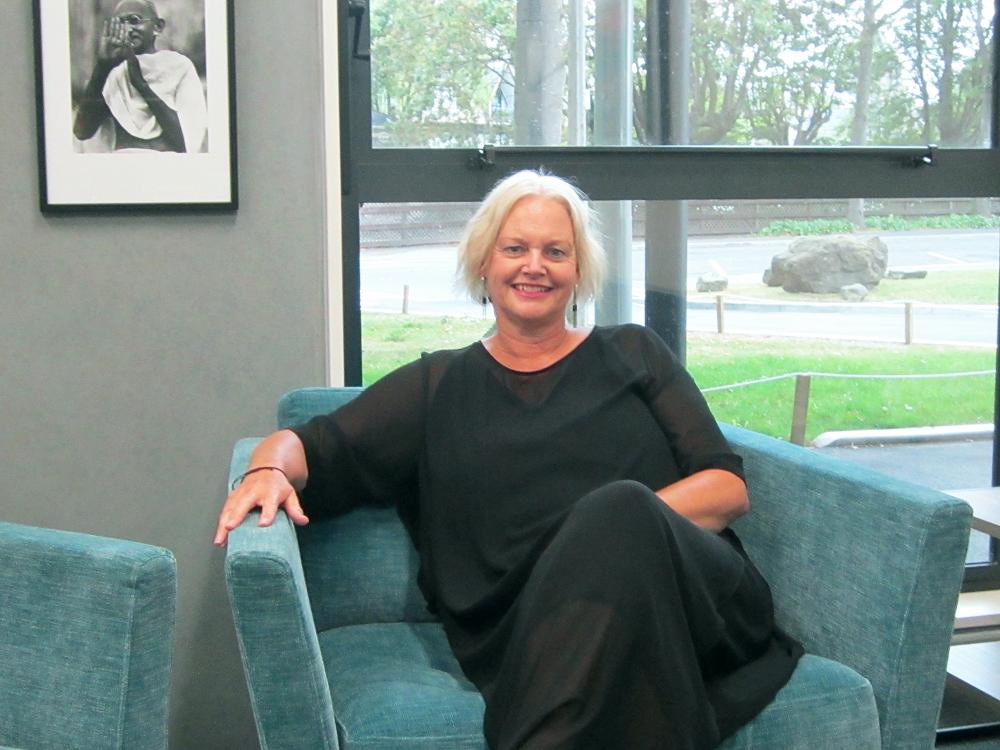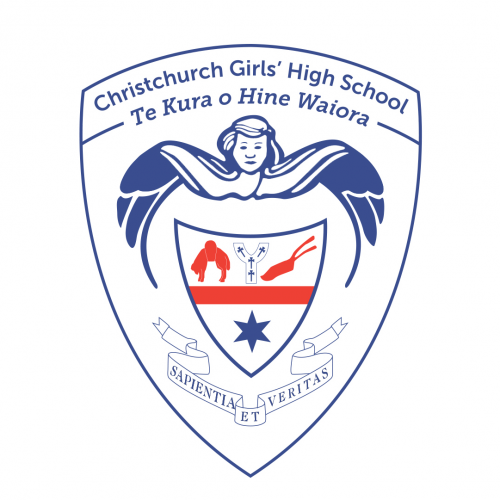
Tēnā Koutou Katoa Parents, Caregivers And Whānau
This term is exceedingly busy with the senior students and their teachers intensively focusing on completion of course work and assessment and preparation for school and NCEA formal examinations in early November.
With only about nine full weeks left before seniors finish their school classes, time is very compressed. At the same time, sporting, cultural and a myriad of service and other activities continue so it is a lively and active place! A key strength of our school is how widely our young people are engaged in school life beyond the classroom. While the term extra-curricular is often used, we should reflect on our thinking around the use of that word. Many of these activities deliver the front end of the curriculum teaching students to develop personal perseverance and grit, team work, optimism, the ability to handle disappointment and problem solve, iniative, courage and resilence. These are all things employers are crying out for and more importantly, skills and dispositions which help our students have well rounded and happy lives.
On that note an interesting study has come out of the UK recently and came to me through the Australasian Girls’ Schools’ Alliance, to which we belong. It finds that girls studying at single-sex schools are more mentally tough than those from co-educational campuses. Experts attribute this to a lack of harmful gender roles and no male-domination of traditional subjects.
The study of nearly 3000 students has found students in girls’ schools are more confident and have better emotional control than those in co-educational settings, making them better equipped to deal with stress, pressure and challenges. Alliance of Girls’ Schools Australasia executive officer Loren Bridge said single-sex female schools “create a unique environment in which girls are encouraged to embrace competition, fearlessly explore subjects that are traditionally male dominated and challenge each other every day. In addition, girls’ schools have extremely strong pastoral care programmes, all tailored to the needs of girls, supporting their mental health and also equipping them with the tools to build resilience,” she said. I would apply these observations equally to our school in what we observe of our students.
As parents you have done a great job of raising strong young people who are incredibly curious about the world and its future and brave enough to be active in those interests. They also engage themselves whole heartedly into school life with a high amount of dedication and passion, including into areas of learning which have been traditionally male dominated. So this newsletter is an informal tribute to the young people we have the pleasure of educating and to our parents who have raised them.
Ngā mihi
Christine O’Neill
